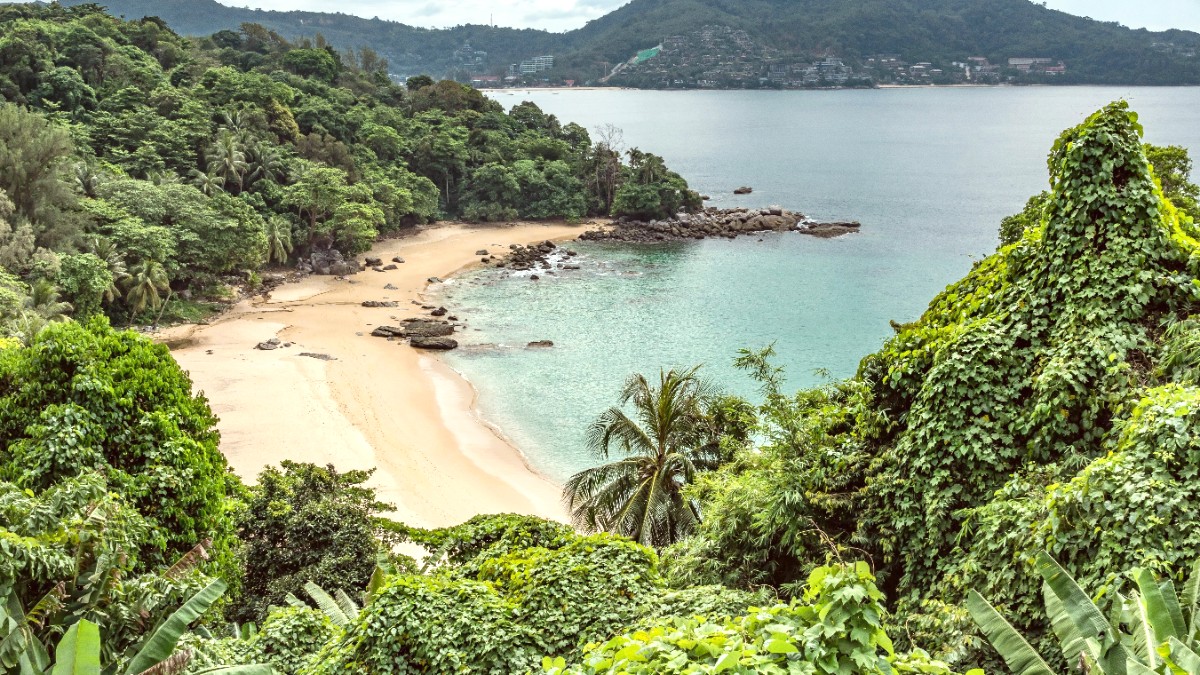
Andaman Coast, Thailand
Minimize your ecological footprint. Support protected areas and conservation initiatives. Reduce plastic consumption, reuse items, and dispose of waste responsibly.
Engage with local customs thoughtfully. Understand greeting customs, appropriate attire, and taboos. Your actions honor the local culture.
Your spending choices directly benefit the local economy. Prioritize local businesses, fair trade options, and community-based tourism initiatives.
Minimize your ecological footprint and help conserve Patong's natural environment.
Many islands around Phuket, like Phi Phi Islands, Similan Islands, and Ao Phang Nga, are designated national parks. These areas have strict rules to protect marine life and coral reefs.
Thailand faces challenges with plastic waste. Freshwater resources can face strain, especially during peak tourist season.
Your spending choices directly benefit the local economy and contribute to community well-being.
Conscious choices help prevent harmful practices and promote responsible tourism.
The Wai (bow with pressed palms) marks the traditional Thai greeting. A smile often diffuses awkward situations. Shoulders and knees require covering for temples. Remove shoes before temple buildings. Casual, light clothing is fine for general public areas.
The head is sacred, feet are least. Do not touch a Thai person's head or point with your feet. Losing face (showing anger) holds little esteem. The Thai monarchy holds deep reverence; any perceived disrespect faces severe penalties. Treat Buddha images with utmost respect.
Thoughtful travel fosters positive connections and sustains the beauty and culture of Patong for future visitors.
Patong and Phuket offer access to clinics and hospitals. Travel insurance is highly recommended for unexpected medical needs.
While Patong generally maintains safety for tourists, awareness of common issues enhances your security.
Police: 191
Tourist Police: 1155
Ambulance/Medical Emergency: 1669